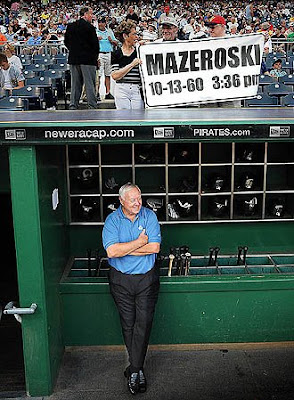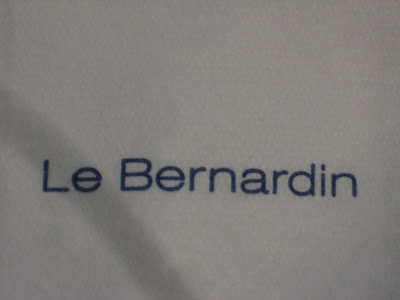
There are two unfortunate things that come to mind when I think of artists reacting to the Iraq War: The unimaginative rehash that was the
Peace Tower in the 2006 Whitney Biennial and
Thomas Hirschhorn's sloppily lobbed sneer from the same year at Gladstone. So much of the former is stuck in the past while the latter is stuck in, well, Europe. If you want to understand why there's so much weak anti-war art around--when it's around at all--read Liam Gillick's piece in the Winter 2008 issue of
October.

I found an example of protest art that does exactly what Gillick says it should (Leave the '60's in the 60's.) when I saw
Josephine Meckseper's crushing show at Elizabeth Dee Gallery on Saturday. It worked its way into my bones immediately. Much the way
Susan C. Dessel brought forth the grief and
Bunny Love covered the bridge between grief and anger, Meckseper drilled a full-throated rage so far into my chest no intern at St. Vincent's could have pulled it out if they tried.

I remember driving down the highway the day after the first Iraq War began and noticing how so many of the other cars were being more aggressive than usual. This was how we make ourselves feel better. We buy cars and then we go fast and and we go stupid. They're extensions of our extensions. Meckseper clues into that with the video of one "action" car TV ad after another. Militaristic and relentlessly perfect, the advertisements sweep onto the screen like
Joey Chitwood's wet dream come true.
While I was signing the book on my way out I looked at the woman at the front desk and said, "Fuck, yeah!". She replied, "Yeah, right? This isn't the 60's." Nope. This is death.













































